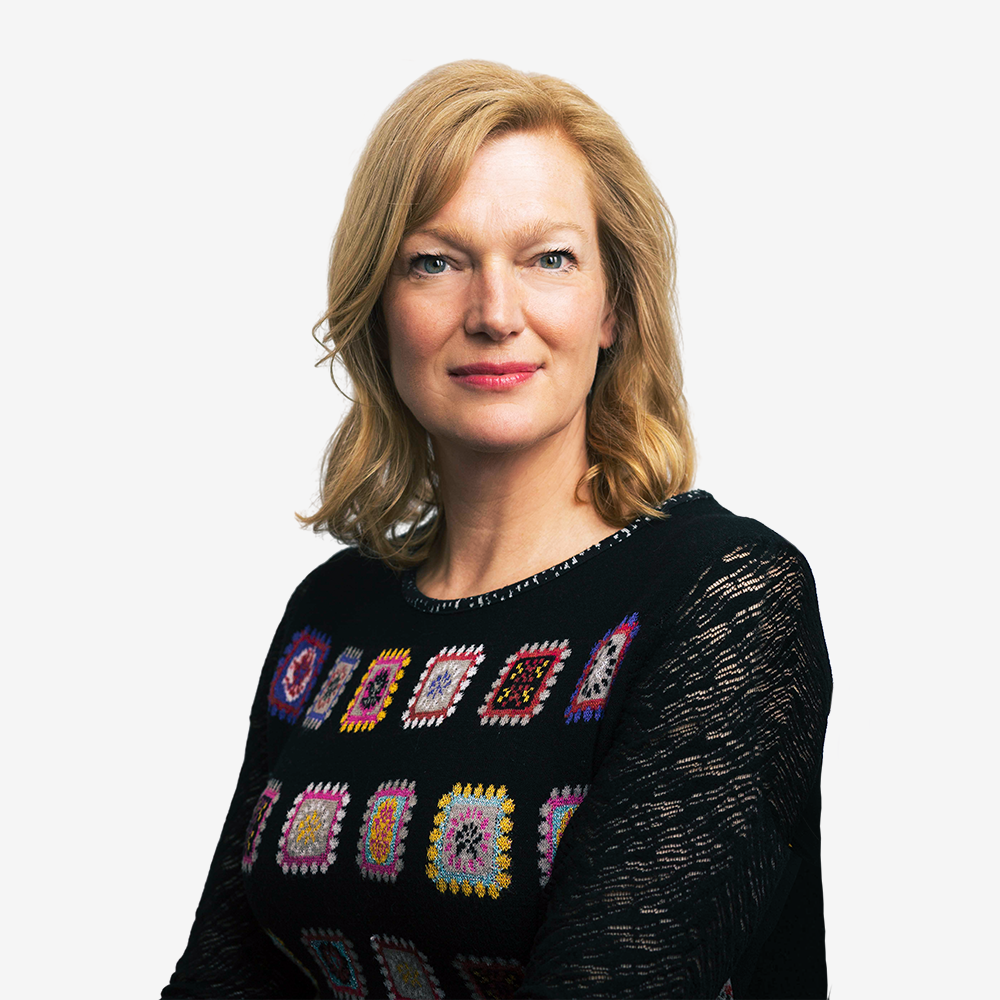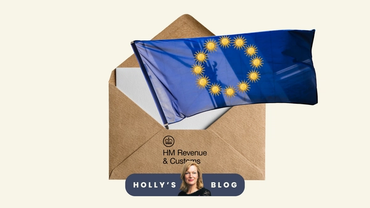Advice pain, fangs and granola
By Holly Mackay, Founder & CEO
1 Mar, 2024

Trouble at the mill for financial advice firms. On Wednesday the share price of the UK’s largest advice firm – St James’s Place – fell by a stomach-clenching 30% in the first hour of trading.
Why? The regulator is getting hotter about fees, charges and consumers receiving ‘fair value’. Most advice firms will charge clients an annual fee which supposes annual servicing, in the form of an annual review or similar. If no ongoing servicing has been provided – then should that fee be refunded?
After new regulation last year, the ambulance chasers sniffed an opportunity and went hell for leather towards SJP, effectively encouraging clients who had not had ‘ongoing servicing’ to complain. In anticipation of having to refund clients, the advice giant set aside a whopping £426 million in its accounts which is the maximum amount it thinks it might need to pay back, once it’s trawled back through records and worked out what’s what. Oy vey, hence the share price carnage.
This issue will not end with SJP – they’ve just been the first in the stocks. Two weeks ago, the regulator wrote to 20 other wealth managers asking the same question. Did clients pay an ongoing annual fee – and not get an annual or ongoing service? Industry bods may like to read my LinkedIn post on this.
Here’s the bottom line. If you have been paying an advice fee and not seen your adviser for years, or they have not been pro-active about updates and getting in touch, then you likely have a claim. I wouldn’t bother with claims management firms who skim an amount off the top – first approach the company directly and keep any claims management bloodhounds up your sleeve. Particularly so for larger firms who have layers of governance in place and will be thorough – if slow – in how they approach this.
If you haven’t had this annual ongoing service, I guess the next question is – does that bother you and did you want it? Advice is a personalised relationship and if you’re as anti-social as me, the thought of not having to have a meeting with people is often a joy! Also, life isn’t neat, is it? Health issues, work, family stuff gets in the way. Some years we need more advice than others. There will be some advisers unfairly caught up in this, as well as a collection of advisers who frankly haven’t been doing a good enough job.
This sort of bad press rattles people. Many of you write to me asking about how to find a good wealth manager or adviser – I’ve got some ideas which I share here including what to ask, what you might pay and what good looks like.
Get yer faangs round some granola
For years, the FAANGS were the hot US stocks (Facebook, Apple, Amazon, Netflix and Google). But then Netflix became less shiny, AI and Nvidia came along, Mark Zuckerberg went all weird and starting banging on about the metaverse, Microsoft started with an inconvenient ‘M’ and Tesla roared into town. So these stock market darlings formed a new gang known as the Magnificent Seven and Netflix was dumped.
I’ve written before about the astounding performance of the Magnificent Seven – the gift that keeps on giving. They went up by 111% in 2023.
However, not to be outdone, Europe is fighting back with its own tribe and 11 companies known as the ‘Granolas’ have steered European markets to record highs. The pack includes pharma companies GlaxoSmithKline and Roche, Dutch chip maker ASML, Danish drug maker Novo Nordisk, Switzerland’s Nestle and France’s L’Oreal.
I love it. The US does AI and tech. Europe does drugs, chocolate and face cream. "Because I’m worth eet, mes amis".
In the last year, the Granolas have accounted for about 50% of gains in the main European index (the Stoxx Europe 600 since you ask). And over the last 3 years they have stoically kept up with the tech-flavoured Magnificent Seven.
Not everyone thinks this is great. The big are getting worryingly big. The Granolas’ share of the Stoxx Europe 600 is around 25% and the Magnificent 7 are around 30% of the S&P 500. This concentration risk is acute.
On the other hand, momentum is a powerful force in markets. Some investors may decide to just go with the flow and embrace both the Magnificent Seven (Facebook, Apple, Amazon, Tesla, Nvidia, etc.) and the Granolas (ASML, Roche, etc.). Which to my unutterable delight leads me to propose a new acronym for these collective Atlantic-spanning heavyweights. FAAARTN.
I think it will catch on as the new strategy in town. I wonder if I could persuade BlackRock to launch a fund called that? Just so we can see the serious US money anchors wrap their very white teeth around this whilst keeping a serious face.
For those seeking a homemade FAARTN in the interim and who want a low-cost, simple way to track these shares, I think you’re looking at something like a combo of the iShares STOXX Europe 50 UCITS ETF EUR Dist and the iShares S&P 100 ETF. Which doesn’t have the same ring to it, does it?
(Please don’t write to me and observe that Facebook is now called Meta. Poetic licence, my friends.)
Over and out for this week. Have a lovely weekend everyone. I am taking my son to see Dune 2 tonight – 2 hours and 46 minutes of watching Willy Wonka being chased around a galactic desert by an angry worm. How I love sci fi!
Holly

Want to get Holly's weekly blog straight to your inbox?
Already have an account? Login





